Keywords: Reader
There are more than 200 results, only the first 200 are displayed here.
-

ARTS AND CULTURE
- Philip Salom
- 25 March 2014
1 Comment
Post-God voices of you complained: there were so many of you there were none. And, pre-God, there was less than one of you. That's a hard call. That's a stern said. Back off in the beginning colloids of an all-or-nothing exploded you. How scary are you? The Dough-maker's hand was poised, unseen in the shadows. Then in tactile, alarmingly, quarkily, scrolling and shaping you. A life-hand a touch. Retreating into the dark.
READ MORE 
-
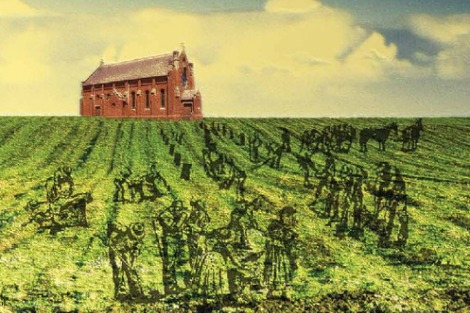
RELIGION
- Andrew Hamilton
- 13 March 2014
9 Comments
The conflict began with falling church attendances and a decision by the Koroit parish priest to rationalise resources. Although Regina Lane describes in detail the battles to save St Brigid's, her book is far more than a protest song against the power of the Catholic Church. The larger stories embodied at St Brigid's, the immigrant groups who formed the first congregation and their relationship to the first Australians, have continuing importance.
READ MORE 
-
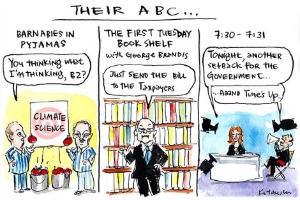
CARTOON
- Fiona Katauskas
- 05 February 2014
8 Comments
View this week's offering from Eureka Street's award winning political cartoonist.
READ MORE 
-
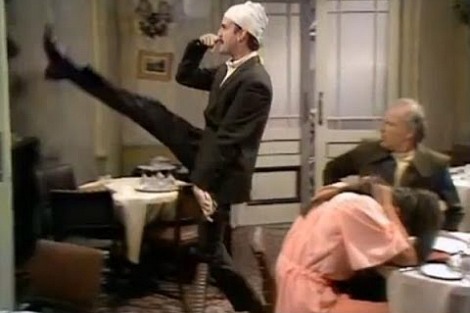
AUSTRALIA
- Ray Cassin
- 29 January 2014
15 Comments
'Don't mention the war!' admonishes John Cleese as the hapless hotelier Basil Fawlty in the classic television comedy series Fawlty Towers. With a string of war-related anniversaries to take place over the next four years, beginning this year with the centenary of the outbreak of the First World War, we may soon find ourselves sharing Fawlty's sentiments.
READ MORE 
-

ARTS AND CULTURE
- Barry Breen
- 18 December 2013
11 Comments
Santa walks into a bar and the barman says: Sorry, we're claused. If sarcasm is the lowest form of wit, then punning must have a reputation almost as undesirable. A joke that can be greeted only with a groan can hardly be a real joke now, can it? But punning has a rich history. It graces the pages of the greatest of writers. And when it comes to puns, subeditors responsible for article headings believe themselves to be a race apart.
READ MORE
-
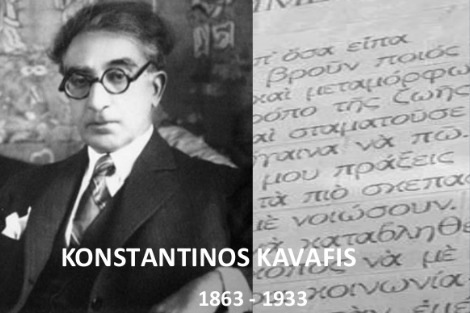
INTERNATIONAL
- Gillian Bouras
- 11 December 2013
7 Comments
I knew nothing about Kavafis until I came to Greece, but his presence in my mental and literary life is one of the many presents migration has given me. He was part of the cultivated Greek diaspora in Alexandria, where he spent most of his life working at his day jobs: those of journalist and civil servant. He was a relentless perfectionist who polished and reworked his 154 poems, which were read initially only by his friends.
READ MORE
-

ARTS AND CULTURE
- Barry Gittins and Jen Vuk
- 15 November 2013
3 Comments
Punter is a bloke's bloke, 'brung up' in a limited but nurturing suburbia of cricket, cricket, golf and cricket. I was genuinely touched by his acknowledgement of the role his wife, Rianna, and their daughters have played in his maturation. Yet while life experiences invariably expanded young Ponting's mind, it's fair to say that there remains something of the awkward teen in the man.
READ MORE 
-
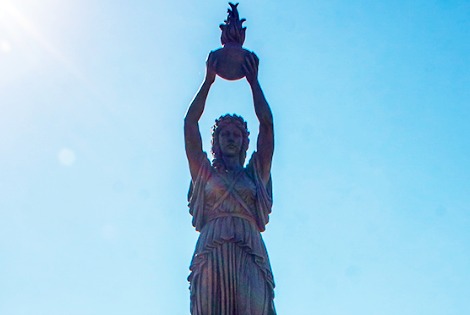
INTERNATIONAL
- Gillian Bouras
- 13 November 2013
9 Comments
Although the tourist season in Greece was better than expected, there is otherwise not much cause for cheer. PM Antonis Samaras says recovery will take six years: other people are more pessimistic. Suicide rates have risen alarmingly in a country where formerly they were very low. The youth continue to seek opportunities elsewhere. Strikes and demonstrations occur regularly. In the midst of it all, a new statue appeared in the city of Kalamata.
READ MORE 
-
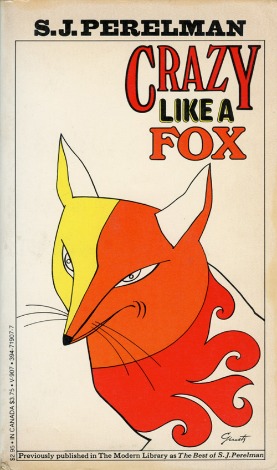
ARTS AND CULTURE
- Brian Matthews
- 11 October 2013
4 Comments
My first year at university was a time of exquisite confusion and crippling diffidence. The only way I could see to climb the mountain of difficulties my studies seemed to present was to work harder. After one late-night stint in the library, over a cup of the 'caf's' execrable coffee, my friend gave me a book. 'Don't read it on the tram going home,' he said, 'you might embarrass yourself.'
READ MORE 
-

ARTS AND CULTURE
- Brian Doyle
- 08 October 2013
5 Comments
We did not see eye to eye, yet no one cared more about the work we did. He was subject to fits of temper, and you never met a gentler man. He held grudges, and was the soul of mercy. He was the worst manager I ever saw and the best employee. He had been a quiet drunk and when he realised he'd damage his new children he stopped and never took another sip. Lots of people knew him and no one knew him well.
READ MORE 
-
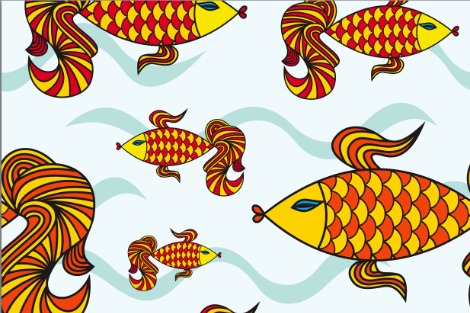
AUSTRALIA
- Ray Cassin
- 09 September 2013
20 Comments
The Economist's leader writer and other international international observers including Joseph Stiglitz judged that, by most objective measures, Labor's achievements should be preferred to the Coalition's offerings. The big picture went unacknowledged in Australia's dismal, dispiriting election campaign.
READ MORE 
-

AUSTRALIA
- Frank Brennan
- 07 September 2013
12 Comments
How clever of you to choose the day of the federal election for me to offer these reflections. I come amongst you, not as a publisher or journalist but as an advocate in the public square animated by my own religious tradition as a Jesuit and Catholic priest engaged on human rights issues in a robustly pluralistic democratic society.
READ MORE